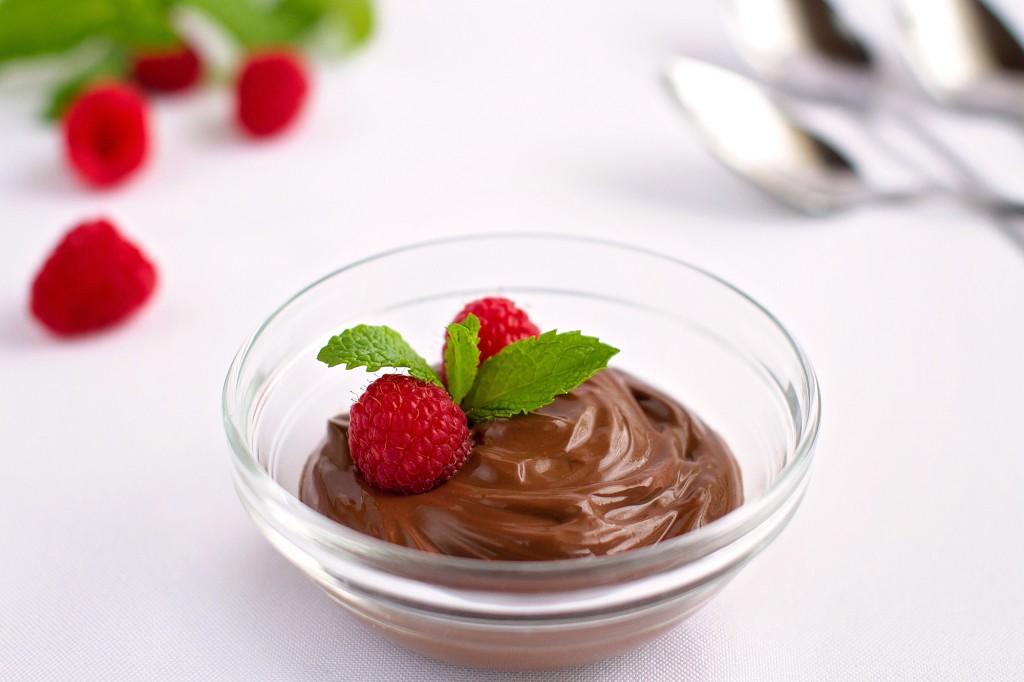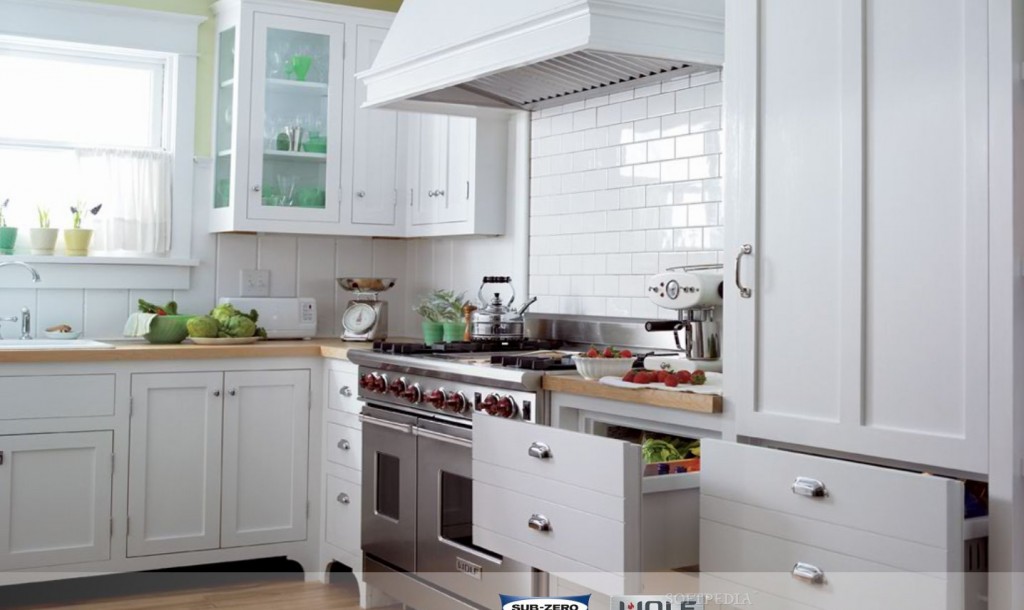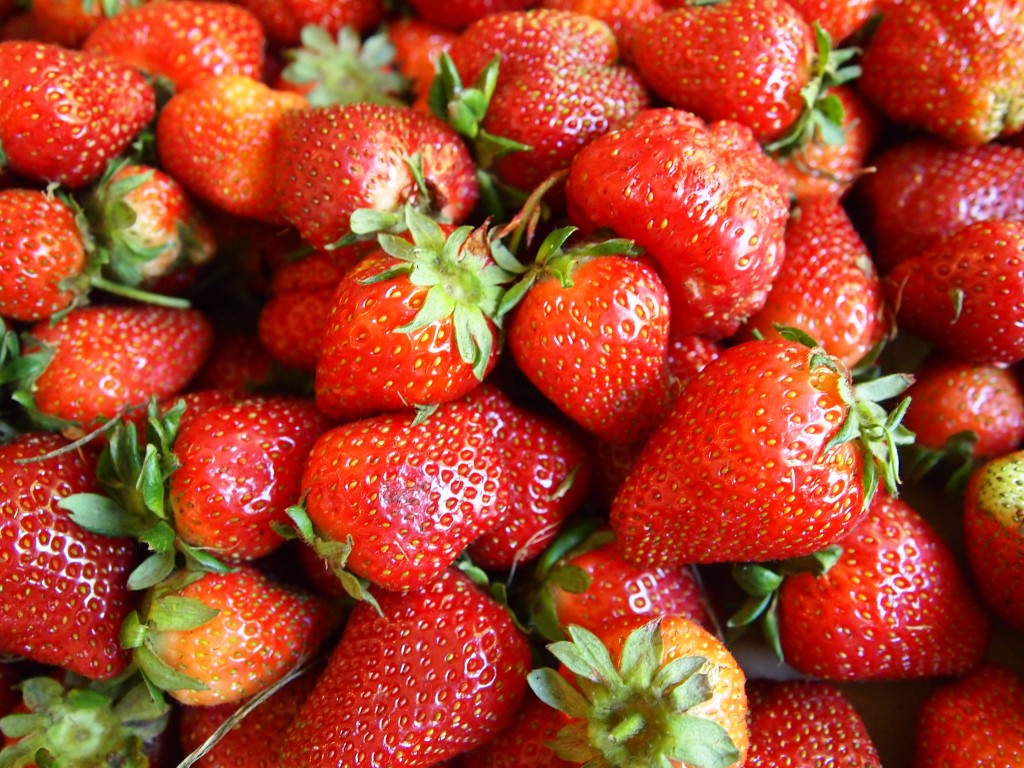
5 Essential Kitchen Tools
Photo Credit: Lisa Voss, via Flickr Creative Commons
Getting started with a low-fat, plant-based kitchen can be simple with a few basic cooking tools and skills. In previous posts we have discussed how to stock your kitchen with heart-healthy, Ornish-friendly food, we have shared helpful cooking techniques to make fat-free or low-fat sauces and dressings, and how to cook and bake without added oils. Now we want to share some basic kitchen tools to simplify the preparation of low-fat, vegetarian cooking, and make it a little easier to create wonderful and delicious dishes.
What is your favorite kitchen tool? How has it helped you cook more healthy food?
We’ve included some favorite brands we consider, from experience, to be excellent choices. However, we do not endorse any brands or products. There is a wide variety of options available in regard to price range and quality. You can choose what is best for you, but this will provide you with a basic outline to help you get started.
5 Essential Kitchen Tools
1. Knives
Good knives are essential to any kitchen, but especially in a heart-healthy kitchen where chopping, slicing, dicing and cutting produce is an everyday practice. The most important knife is a chef’s knife, which is typically 7.5-8 inches. You can use this for most chopping, slicing and cutting. In addition, you’ll want a paring knife, which is 2-3 inches, and used for smaller or delicate slicing and paring, and you’ll want a serrated knife to cut bread.
Favorites: Global Sai Knife or Santoku Knife. For those who prefer German knives, Wusthof Classics are very good and widely available.
Along with a few good knives comes a good cutting board. Favorites: 1.5 ft. x 2.0 ft. Hardwood or Bamboo Cutting Boards.
2. Blenders and Food Processors
A good-quality blender is invaluable for making sauces, dressings, pureeing soups and smoothies. A lower-end blender or chopper is excellent for grinding and chopping whole and fresh spices and herbs. This is a big-time flavor booster for every kitchen.
High-end blender: Vitamix Blender-Professional Series 200 w/Compact Container
Lower-end blender: Magic Bullet Blender Food Processor – this is another great tool for chopping vegetables to making veggie burgers.
Favorites: Kitchen Aide KFP1333 13-cup ExactSlice Food Processor
3. A Mandoline
A mandoline slicer is essential for quick and easy slicing and cutting julienne style. Slices are uniform, which aids in more even cooking and a quick shortcut for salad prep.
Favorites: Swissmar Borner V-1001-Slicer Plus Mandoline.
4. Measuring Spoons and Cups
A basic set of measuring spoons and cups ranging from 1/8 cup to a cup. A glass clear measuring cup is also good to measure liquids.
5. Nonstick Sauté Pans
A good-quality nonstick sauté pan(s). Starting with a 10-inch, which can be used for everyday cooking for two people or a larger size such as 12 or 14-inch when cooking for four or more.
Favorites: Scanpan for a high quality nonstick skillet that does not stick when not using added fats and oils. These are a few of the basic kitchen tools for a heart healthy kitchen.
The other great basic kitchen tools to add: a colander, a grater, a peeler, a mortar and pestle, a whisk, a ladle, a few classic wooden spoons.
What other low-fat, plant-based kitchen tools are essential to you?







